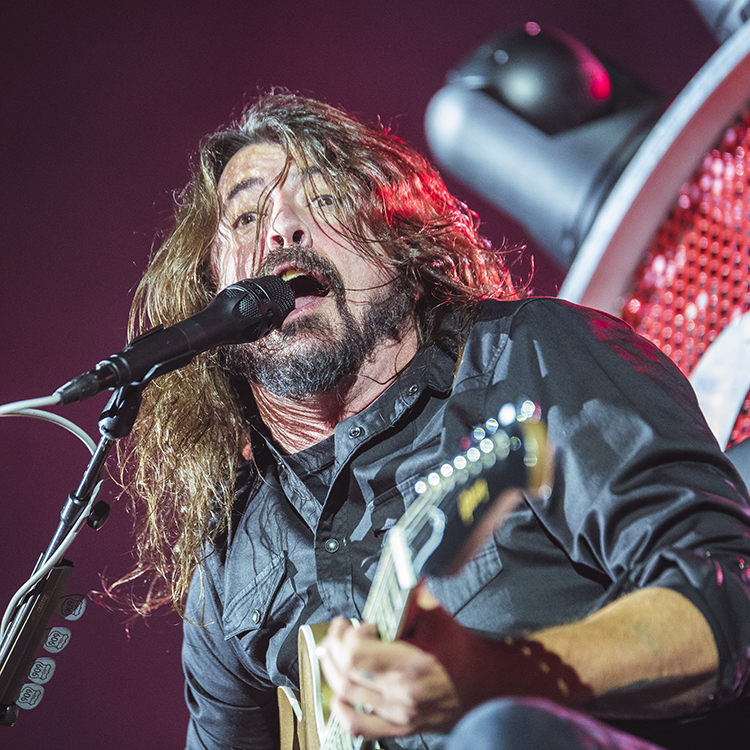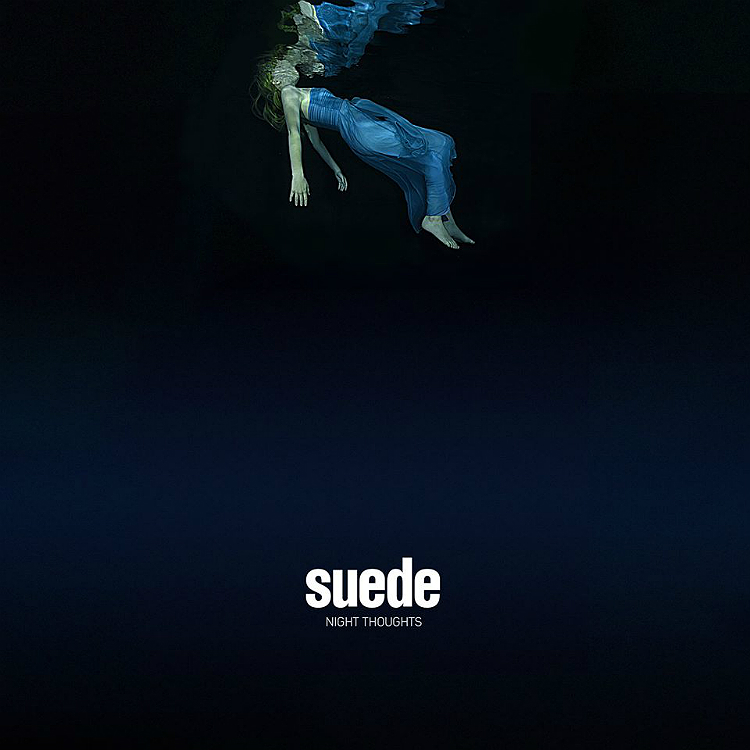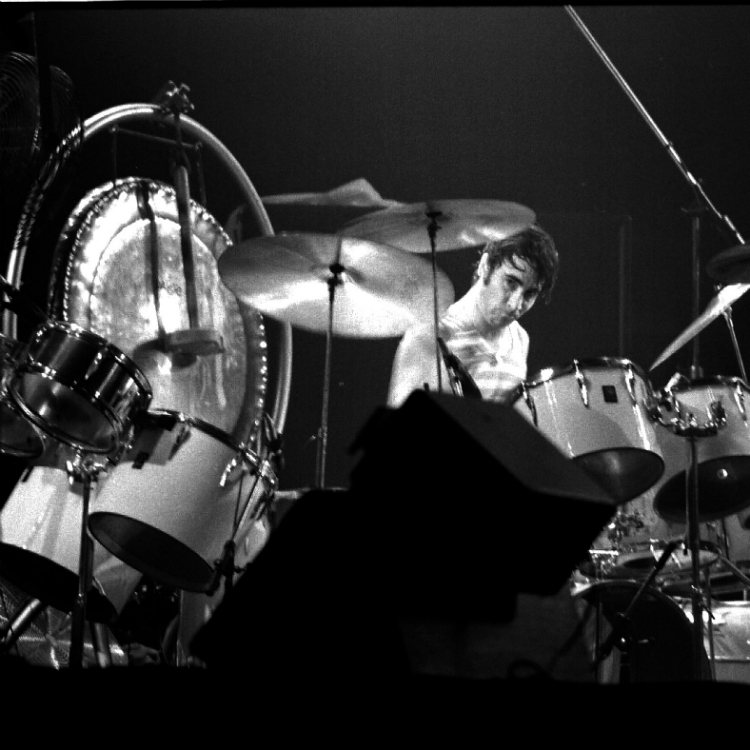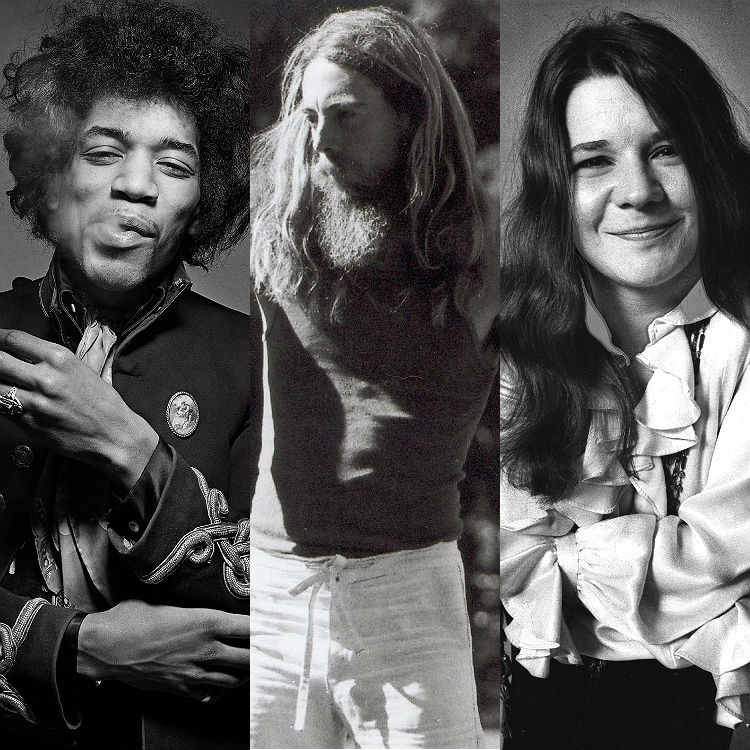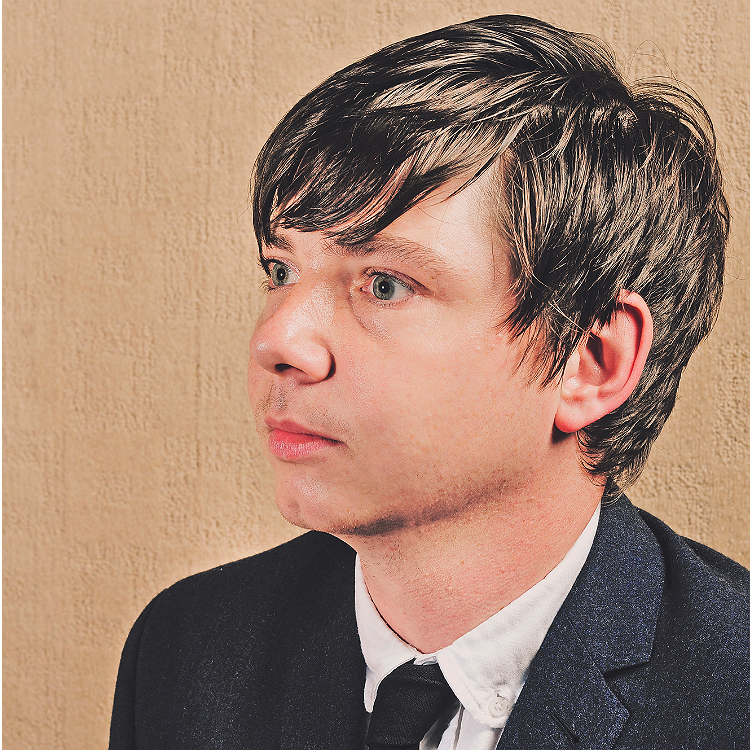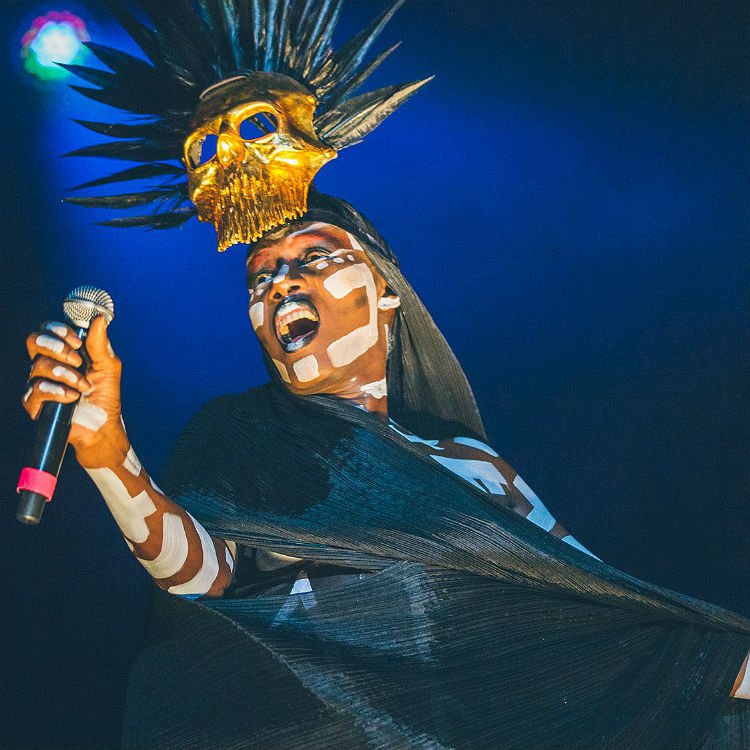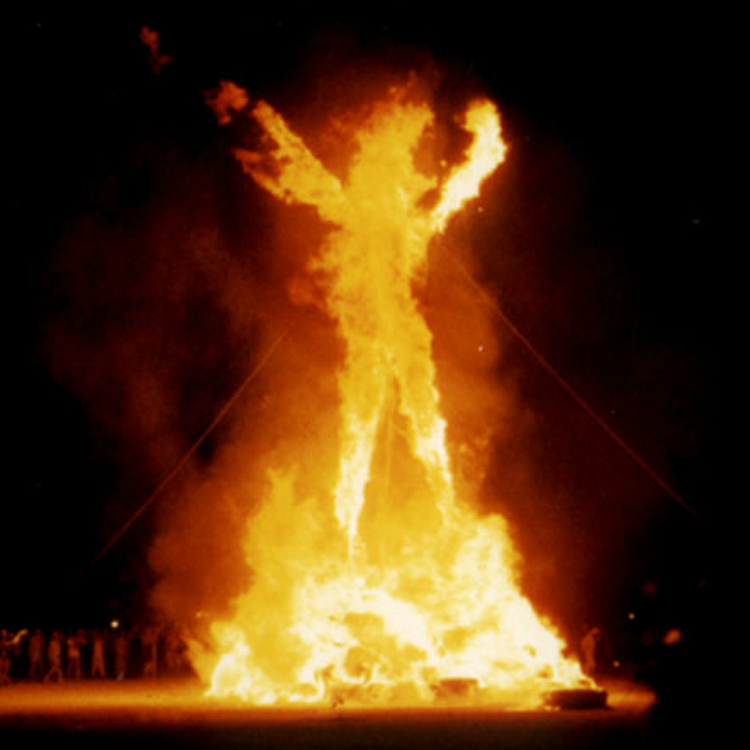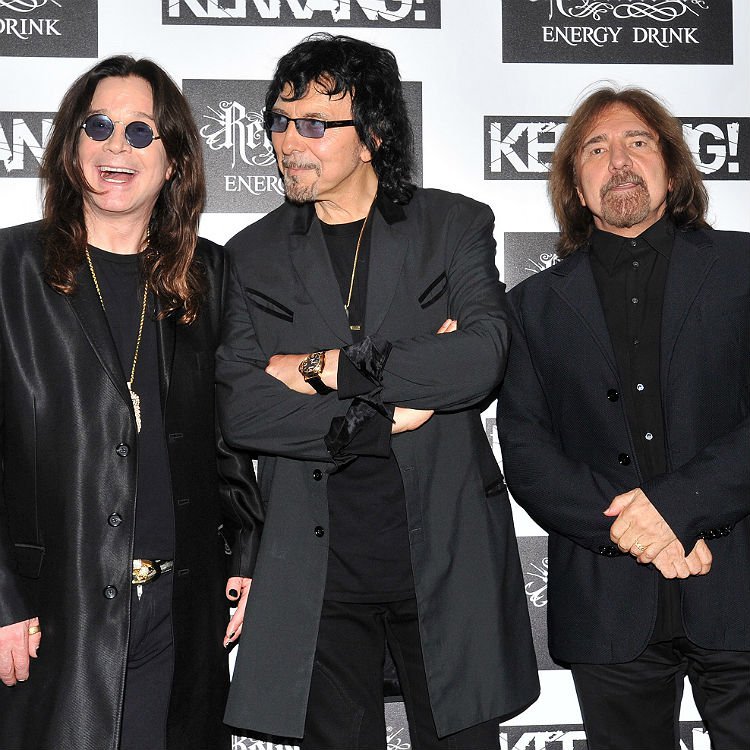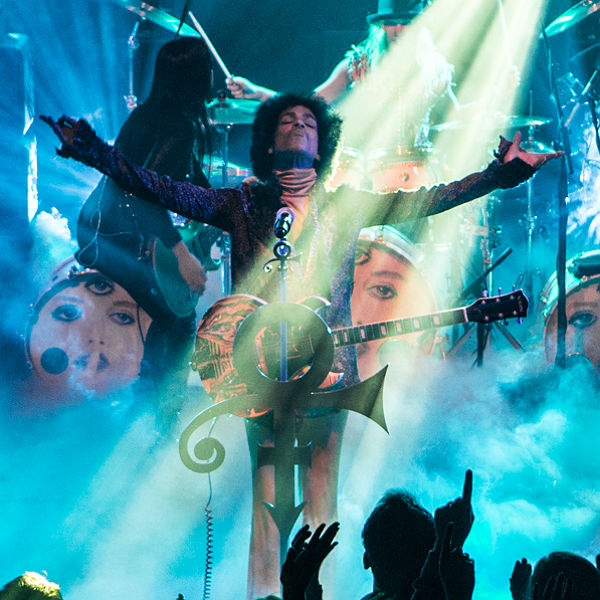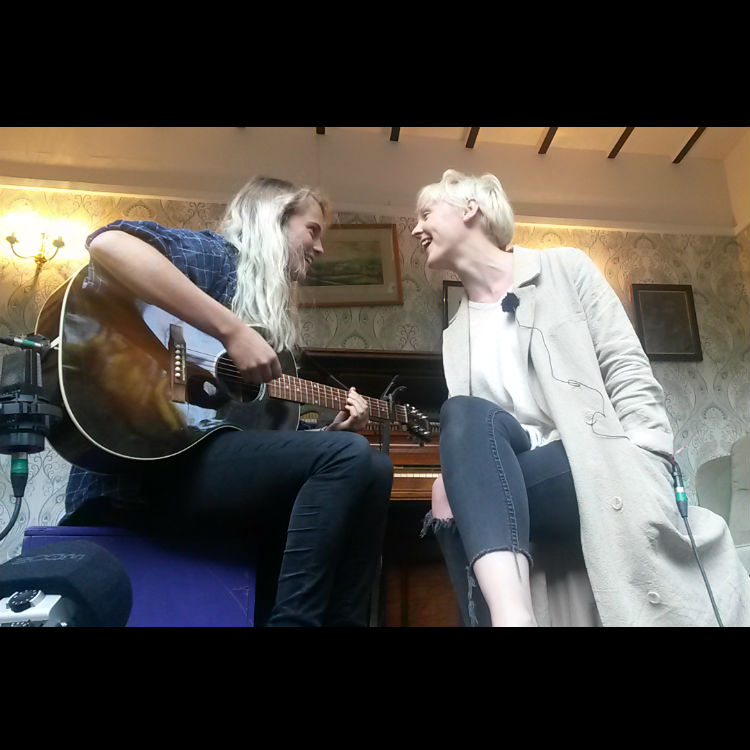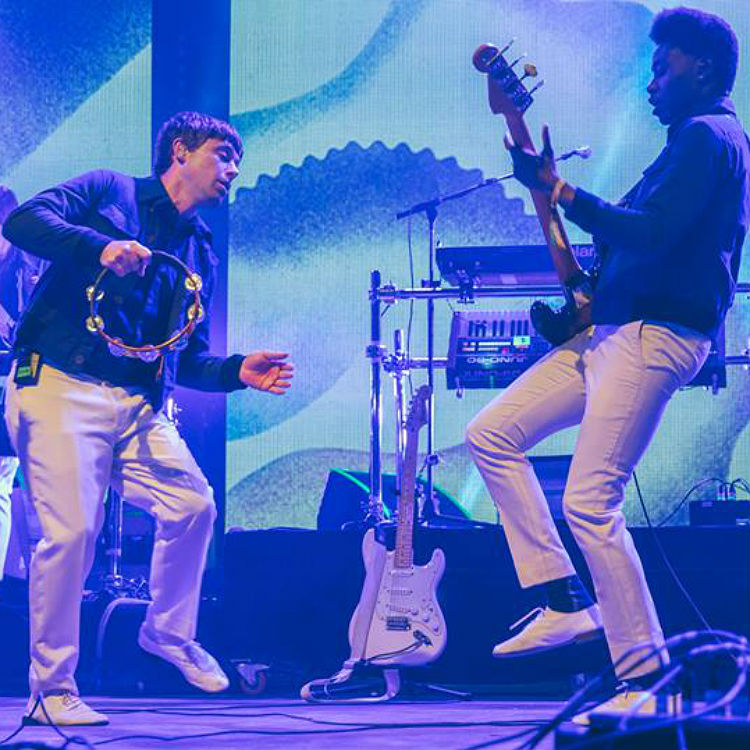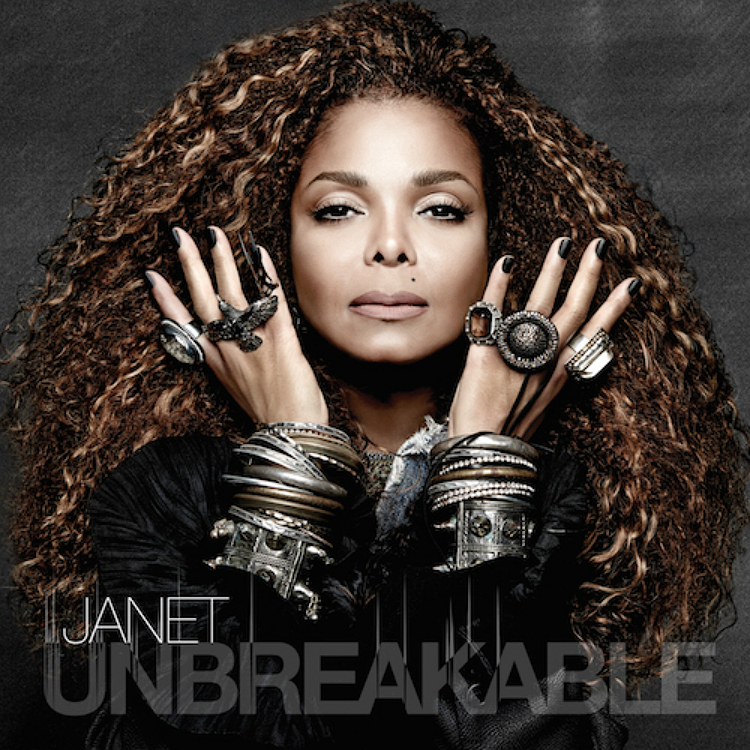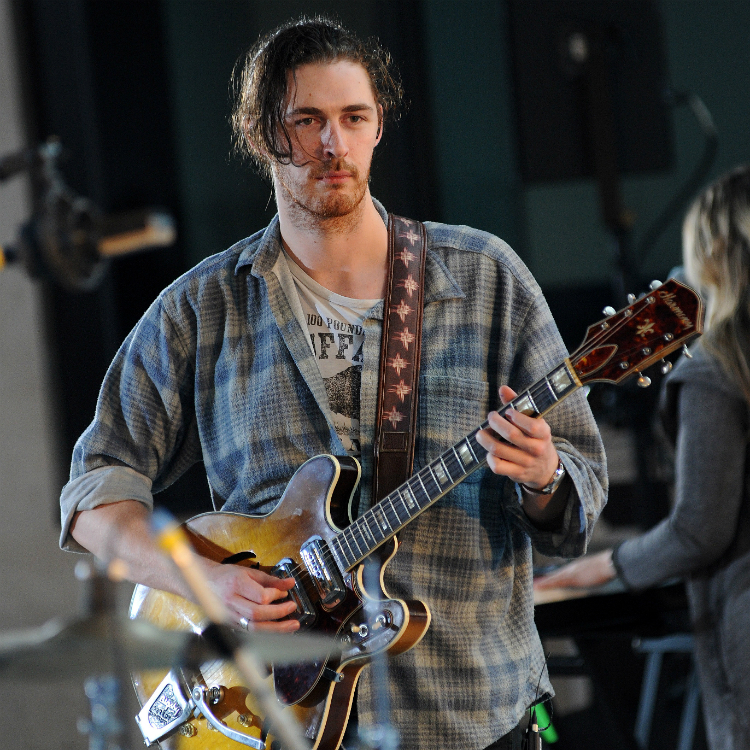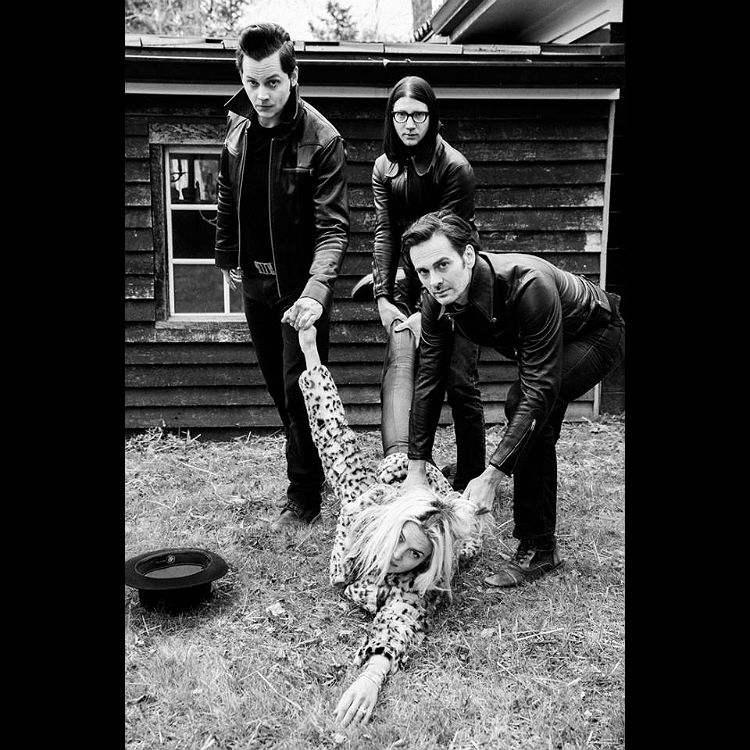 Photo:
Photo:
White Lies drummer Jack Lawrence-Brown looks confused. “I’ve just had a phone call from someone at the Dundee Post saying they want to interview me,” he tells the band’s publicist, as we meet in a box-room where the drummer has been courting this kind of attention for the past couple of hours. “It might not have been them, actually,” he adds, looking even more perplexed. “I might have just made that up - but it was someone ringing about an interview.”
As White Lies’ publicist goes off to address the situation, Lawrence-Brown takes his seat on a compact settee; behind him, a window captures a moving snapshot of West Londoners going about their business down on the street below. He looks tired, but says he’s excited, “really excited. I just got off the train earlier and we had our first tube underground poster up.” He smiles. “I’ve been waiting to see one of them.”
As the constant stream of interview requests suggest, this is a busy period for Lawrence-Brown, and his two bandmates, singer Harry McVeigh and bassist Charles Cave (who are both doing phone interviews in other cramped corners of their record label’s office). Next week, the three childhood friends, all from London, release their much anticipated debut album ‘To Lose My Life’ – an extraordinary collection of songs that tackle people’s most intrinsic experiences – love and death – amid a musical backdrop which, for the most part, is tremendously uplifting. A week later and they’re scheduled to embark on their third full UK tour in almost as many months. (Not counting their two trips to America and brief visit to Japan.) It’s an impressive schedule given that this time last year they hadn’t even played a gig together as White Lies.
“I hadn’t thought about it in that sort of context,” Lawrence-Brown admits, pausing for a moment. “Obviously it’s been moving quite quickly but…yeah, that is a thought, that we hadn’t even played a gig this time last year.”
Even by modern standards, White Lies’ transition from first gig to first album has been a particularly quick one. But, as Lawrence-Brown notes, the trio’s previous incarnation as another band, Fear of Flying (who enjoyed moderate success releasing two now highly sought after middle-of-the-road indie singles on an a small London label) meant that they “knew what we wanted when we started this band”. He calls White Lies “an advancement” on Fear of Flying, who the three formed in their mid-teens, and insists that, contrary to what certain sections of the music press have written, the group, now all aged 20, naturally “morphed” into White Lies. “We’ve learned so much about the industry - the dark side of the industry - not to sound like a horrible cliché, but that’s what we learned from Fear of Flying,” he says, seriously. “We learned how people work and how it doesn’t help to give all the time. It doesn’t help to be in people’s faces telling them they should listen to your band because if you’re good they will listen to your band, and they will want to sign it.”
And that’s how it went for White Lies. After disbanding Fear of Flying towards the end of 2007, the trio launched a MySpace page for White Lies which featured nothing but a black background and – at first - one song, ‘Unfinished Business’. To say that the music industry was excited by them would be an understatement. When the band walked out on stage to play their first gig at the Hoxton Bar & Kitchen in East London last February, the audience consisted of nearly every A&R in the capital, all eager to see if White Lies warranted such intrigue. They did. After a frenzied bidding war, the trio signed to Fiction Records – a subprint of Universal – a month later. When McVeigh joins us from another interview, he says the mystery the band created meant their first show “was an experience for everyone”. “Most people hadn’t even seen what we looked like,” he continues. “We proved…I don’t know, we just made it real I suppose and made it live, and made the songs real, and when people saw it…we were amazed that we were able to do it.”
After an initial burst of media attention, which included “particularly good” gigs at the London’s Camden Crawl and The Great Escape in Brighton, and an “absolutely terrifying” live performance on Later…with Jools Holland last May, White Lies, as Lawrence-Brown puts it, “came down to earth” in the summer when faced with the prospect of having to write “six or seven” of the album’s ten songs in the space of three weeks in Berlin. “In the studio we were doing nine in the morning until midnight every day – sometimes later – not really getting much sleep and not eating very well,” he reflects. But, the drummer adds, “for some reason it felt like the energy that we had was really, really powerful and it also pushed us to do things that maybe we wouldn’t have tried.”
These “things” included adding a 25-piece orchestra – composed by producer Ed Buller - to album closer ‘The Price Of Love’ when back in London, something which McVeigh believes works well with Cave’s macabre lyrics. “Well, I think we always aspired to make the songs filmic – and obviously the lyrics kept leading themselves in that direction as well.”
It’s unfortunate that Cave is unable to join us; I was hoping to discuss his inspiration as a songwriter. In his absence, McVeigh says Cave was adamant that their songs, contrary to the blueprint adopted by most modern bands, didn’t “connect with anything contemporary or political or anything to do with a place – it was always about universal themes and trying to deal with emotions rather than actually actions.” Lawrence-Brown nods in agreement when McVeigh also highlights how their bassist’s lyrics have played a “very important role” in making “our music very universal and international”.
If Lawrence-Brown, with his foppish haircut, is the more forthright, matter-of-fact member of White Lies, then McVeigh is the solicitous one. He speaks like he sings: in a deep and thoughtful baritone voice that’s occasionally dissected by sudden changes in direction. He winces for instance when I ask about the band’s second place position on the BBC’s Sound of 2009 list; a countdown, this year topped by Little Boots, which has previously predicted career prosperity for the likes of Duffy and 50 Cent. “If it had been the other way round and we were just going in to record this album now having still been on these lists then I’m sure we’d feel a huge weight on our sh…sol..shoudlers,” he says, tripping over his words, “and I don’t’ think we’d be able to do it, it wouldn’t be the same record at all.” Although he describes White Lies’ place on the list “a big compliment,” the singer says he feels “very sorry” for the acts who haven’t recorded their first albums yet. “Some people will thrive under the pressure but some people will maybe not,” he says with some concern, before citing the Sound of 2008 shortlisted Joe Lean and the Jing Jang Jong’s dramatic fall from grace as a recent example.
McVeigh doesn’t dwell on that thought for long, however. At the moment, he and the rest of White Lies appear far too confident in their own music - not to mention the fact that they're fearlessly ambitious - to allow other people’s expectations to stand in their way. And anyway, Lawrence-Brown’s phone is ringing again; it’s time for another interview.




